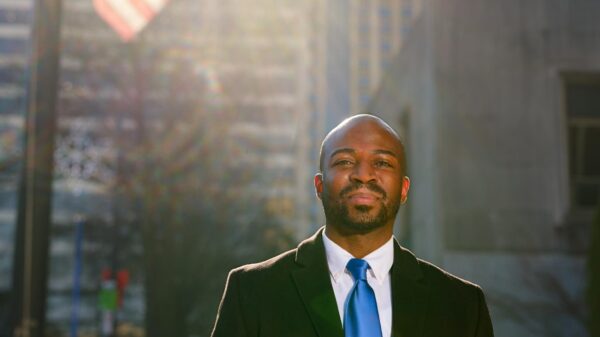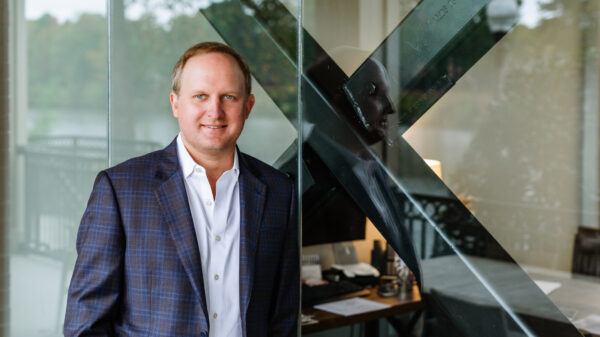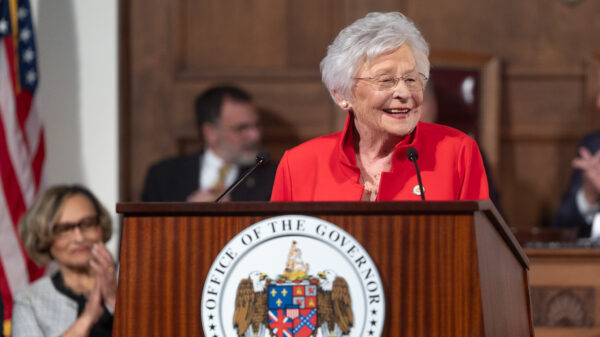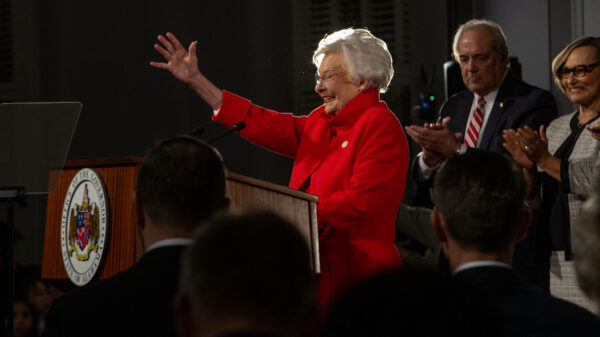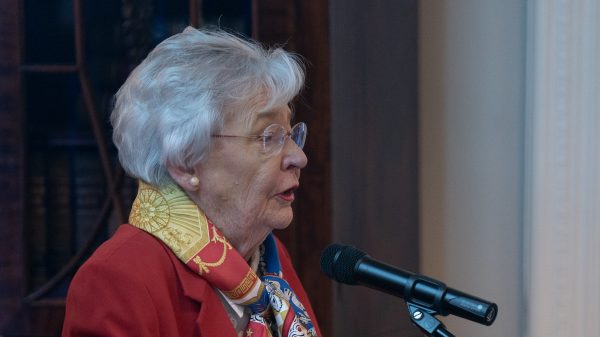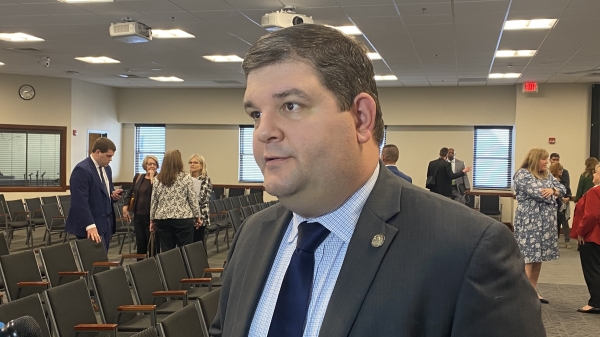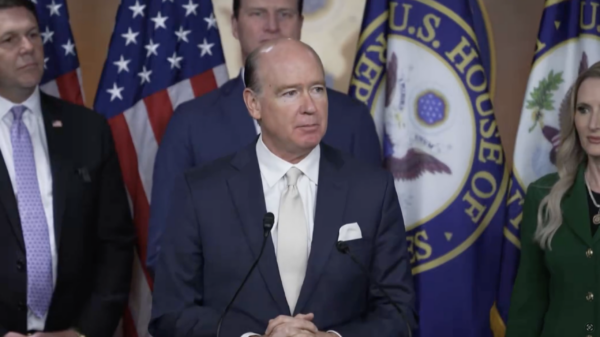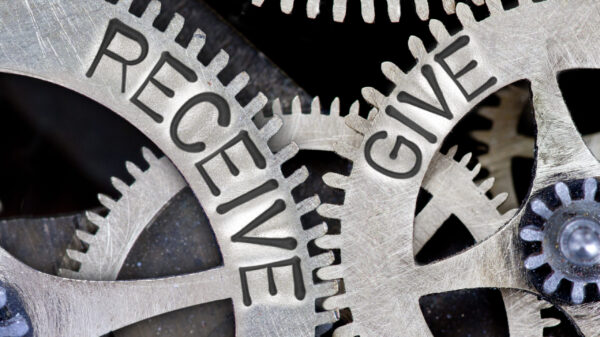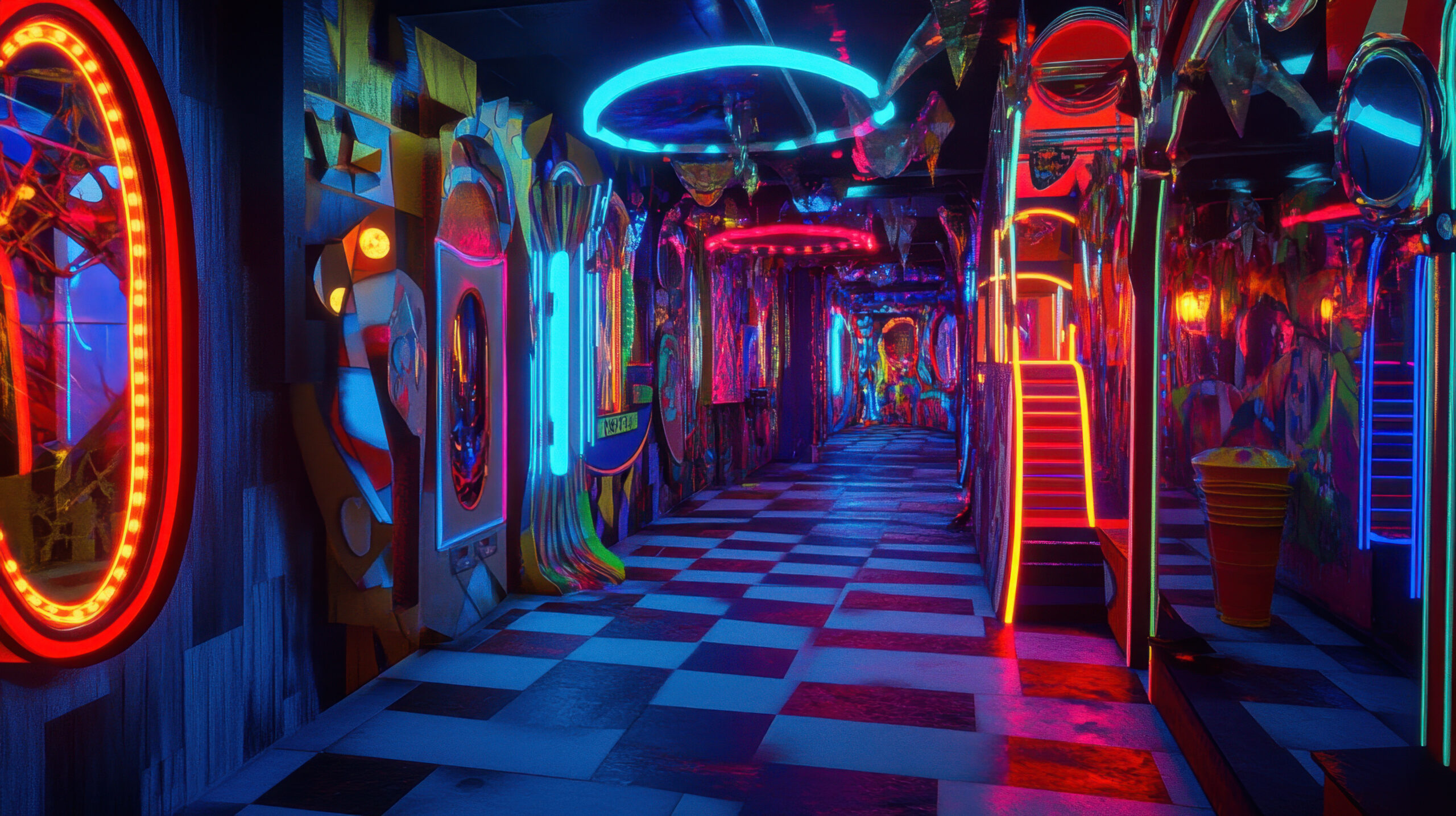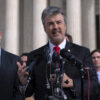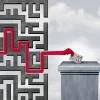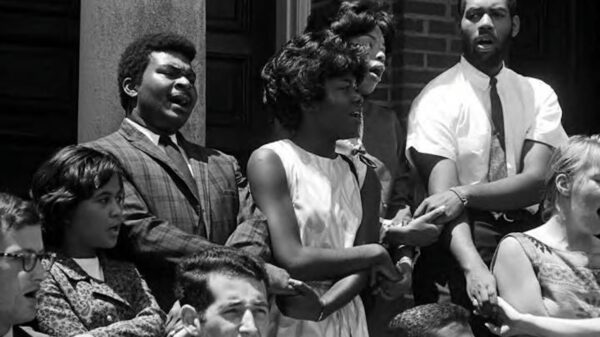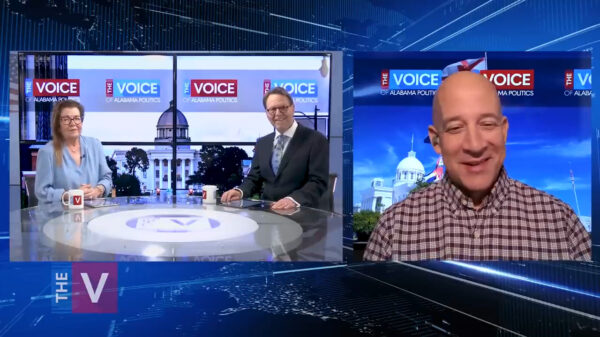We often look at the actions of politicians and ask, “How can they look themselves in the mirror?”
In Alabama and beyond, lawmakers cast votes that betray their own values — supporting bills that stifle liberty, silence voices and target the vulnerable. Then they step before a camera and call themselves defenders of freedom.
Some are avoiding primary challengers. Others are just trying to hold on to power. The excuse is always the same: “I have to stay in office so I can do good later.”
It’s not conviction. It is not courage. It’s rationalization — draped in the language of responsibility.
But here’s the deeper truth: they don’t even see it.
That disconnect — the ability to betray principle while convincing yourself you’re doing the right thing — reminds me of a strange reality at the core of our existence: no human being has ever truly seen themselves. Not in the way others do.
We live surrounded by reflections and recordings, but always one step removed. A mirror shows us a reversed image. A photo captures a frozen fragment. A video adds motion, but still lacks presence. None offer the full truth of how we move through the world — how we are seen when we’re not performing for the lens.
When I tell people, “You’ve never actually seen yourself,” most look at me sideways, but it’s true. You’ve only seen versions of yourself — approximations. You can’t witness yourself objectively — which may explain why so many in power fail to recognize what they’ve become.
In Plato’s Allegory of the Cave, prisoners stare at shadows on the wall and mistake them for truth. When one escapes and sees the real world, the light blinds him — and when he returns, he’s mocked for telling the truth. The lesson? People cling to comfortable illusions, even when reality is knocking at the door.
Today’s politicians live in a cave of their own making — lit by polling data, cable news and applause from party faithful. The shadows on the wall tell them they’re noble. The real world says otherwise. But to see it requires stepping into discomfort, and few are willing to do that.
We’ve seen it here in Alabama. Politicians who once campaigned on individual liberty now support state mandates on speech, education, gender and medical care. The same folks who screamed about government overreach now pass bills telling families how to raise their children and what teachers can say in a classroom. And when they’re challenged, they retreat behind a mirror of excuses: “It’s not ideal, but I have to pick my battles.”
No, they don’t. They’ve just grown comfortable with their reflection.
They say they’re playing the long game. That the compromises they make today will earn them enough power to do good tomorrow. But if you won’t do the right thing when it costs you something, what makes you think you’ll do it when it costs you everything?
That’s not statesmanship. That’s self-preservation.
The longer they stay, the more the mirror lies. Inside the political echo chamber, surrounded by donors and sycophants, their image becomes distorted — like a funhouse reflection that flatters rather than confronts. Everyone tells them they’re doing great, so they believe it. They convince themselves that power equals purpose and that ambition is a substitute for integrity.
Art has always understood something politicians forget: the truth often lies beneath the surface. A painting may present a regal face, but look closer and you’ll find tension, pain, cracks. The artist reveals what the subject hoped to conceal. Winston Churchill wrote that “History is written by the victors” — but also that history, with the clarity of time, is written by what leaders did, not what they said. That’s the final mirror. No brushstroke or press release can hide the truth forever.
This isn’t just about politics — it’s about identity. We are what we do. Not what we say. Not what we believe about ourselves. Not how we look in the mirror.
Because when the lights are off and the speeches are over, what matters isn’t the reflection you’ve rehearsed — it is the record you leave behind.
So to those who think power justifies the means: step back from the mirror. Ask yourself not how you look — but who you’ve become. Because history doesn’t use a filter — it remembers what you did, not how you looked doing it.

